A study conducted by Utility Bidder on plastic waste emissions into the ocean has ranked Belize 9th on the list of countries contributing to this environmental issue. The research revealed that Belize emits 0.96kg of plastic into the sea per capita annually. The study aims to identify which countries contribute the most to plastic pollution. In the previous report, Belize was placed 10th, but in the latest report, there has been no improvement in decreasing the amount of plastic waste generated by Belizeans. The research observed the probability and quantity of plastic waste entering the ocean and the mismanagement of plastic waste.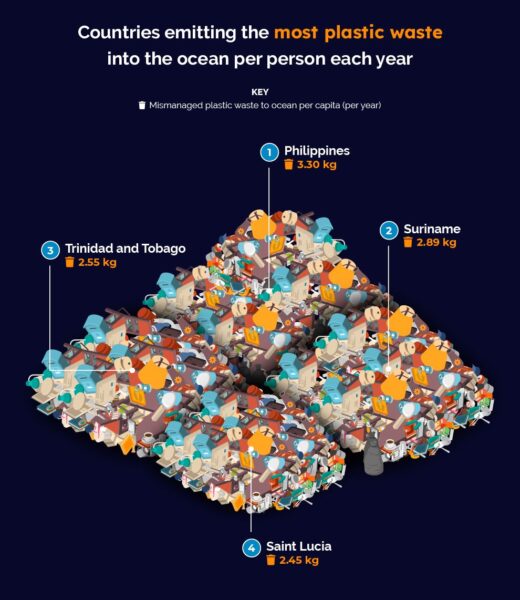
According to the study, Belize is among the top ten countries, slightly surpassed by Jamaica, with severe problems in managing plastic waste. Other countries with significant mismanagement of plastic waste include Grenada, Panama, Guyana, Malaysia, Saint Lucia, Trinidad and Tobago, Suriname, and the Philippines, which tops the list.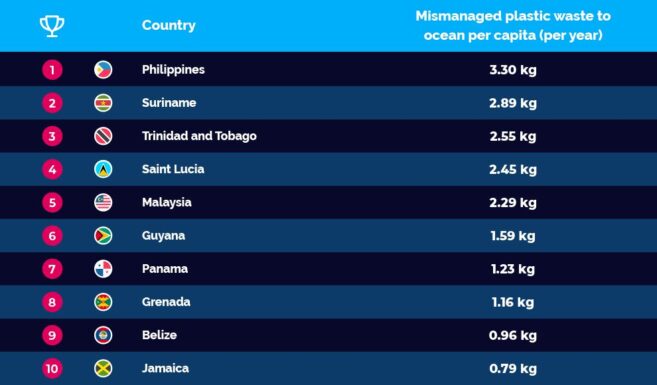
Belize’s economy, which relies on tourism and fisheries, highly depends on the Caribbean Sea, an extension of the Atlantic Ocean. Therefore, preventing its contamination is a priority for many governmental and non-governmental organizations. Although the Ministry of the Blue Economy and the Belize Tourism Board were unavailable for comments, Anthony Mai, the Chief Environmental Officer at the Department of Environment (DOE), said via email that he did not have a comment regarding the research. Mai said it was the first time he had heard about the report, that author, and the organization, Utility Bidder. He added that DOE was not involved in the study and, therefore, they were unaware of the methodology used to conduct the research to collect and analyze the data. The methods of garnering information were identified on ‘Our World Data,’ a scientific online publication focusing on large global problems such as poverty, disease, hunger, climate change, war, existential risks, and inequality. Mai stated that the methodology used for the resource was very concerning and questioned why the information was only shared with the media and not the appropriate government authority to validate the study. He said the information was not official because the government did not validate it.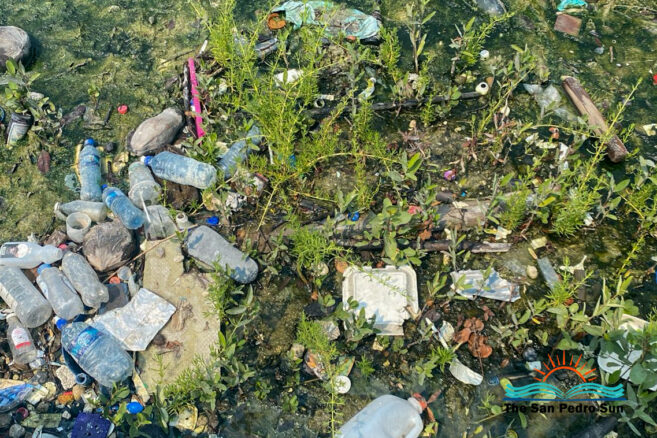
Oceana Belize commented that while changes have been made worldwide, more must be done to address the plastic waste issue. Ryan Rivera, Senior Field Representative at Oceana, suggested that Belize should address the beginning of the life of plastics and not only the end of life of plastics, which places responsibility on the consumer. “We need to address the beginning of plastics and not only the end of life of plastics, as the latter places responsibility on the consumer. We must look at it transparently and circularly to ensure that companies and producers are involved in addressing plastic waste. There must be a comprehensive approach that does not only focus on recycling, which has been proven to be ineffective. Recycling is only a part of the solution, and we need to consider all stages of the production and manufacturing process,” said Rivera. He emphasized that everyone has a responsibility to contribute to addressing this issue.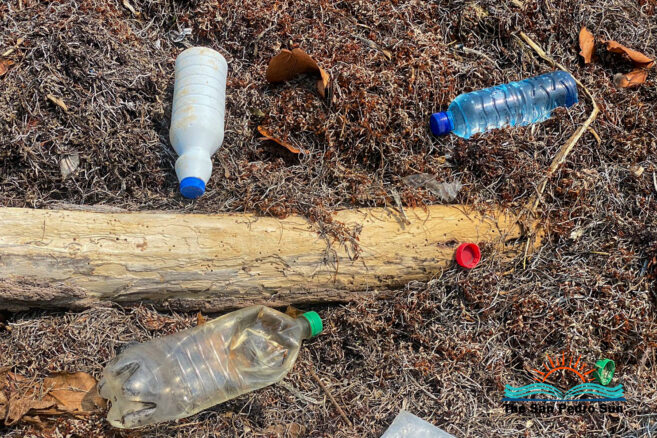
Regarding Utility Bidder’s report, Rivera added that Belize has room for global and local improvement. At Oceana Belize, he believes that the organization has taken steps in the right direction, but more needs to be done to fine-tune those steps so that Belize is better reflected in reports like these.
Oceana Belize has previously supported the government’s campaign to address plastic pollution. In 2020, they applauded the government under the United Democratic Party initiative for signing into law the phasing out of single-use plastics and Styrofoam products in Belize. The law, known as the Environmental Protection (Pollution from Plastics) Resolution, was enacted to reduce the threat of plastic pollution to the Belize Barrier Reef System and other natural marine resources. This new law became a reality after Oceana and their allies, including thousands of Belizeans, campaigned for it.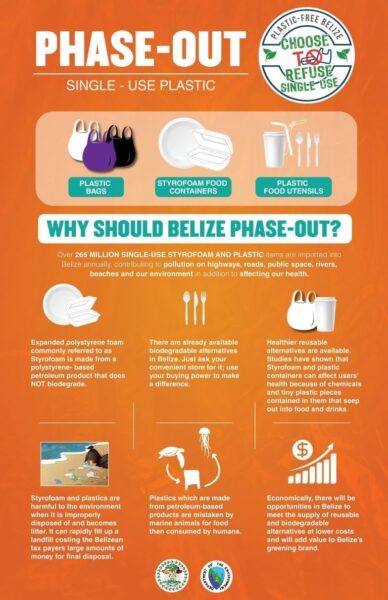
The Utility Bidder team led by Managing Director James Longley provided expert tips to help reduce the mismanagement of plastic waste. Their advice includes using reusable items such as water bottles and cups. They note that around 1,500 plastic bottles are thrown away every second, and only one in 400 coffee cups is efficiently recycled. Longley said that utilizing reusable cups can also save people money, as there are many places with bottle-filling stations, and coffee shops often offer discounts for those with reusable cups. He noted that consumers should only have enough reusable cups for their needs, as overbuying these can harm the environment due to emissions and waste from production processes.
Studies have shown that around 250 marine animals are killed each day due to suffocation by plastic bags polluting the oceans. Reusable bags were emphasized as an ideal way to reduce this excess waste. Reusable bags can be used for life, and to avoid forgetting them every time you shop, place them in front of the door or the boot of your car.
For those interested in reviewing the entire study, click here: https://www.utilitybidder.co.uk/blog/plastic-polluters/.
Independent study places Belize 9th on a list of highest plastic polluters worldwide
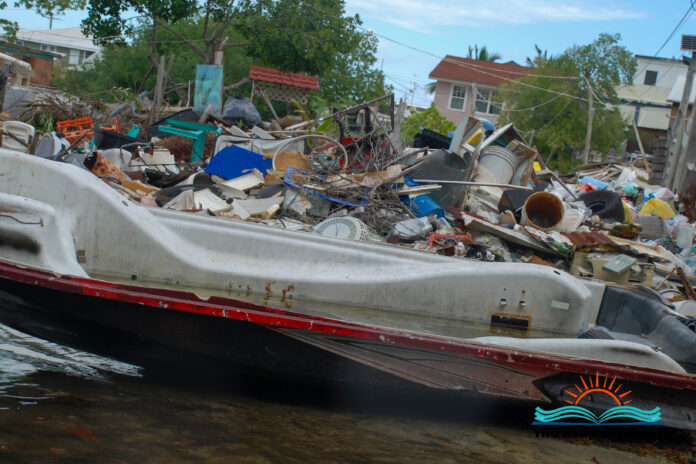
Share
Read more

